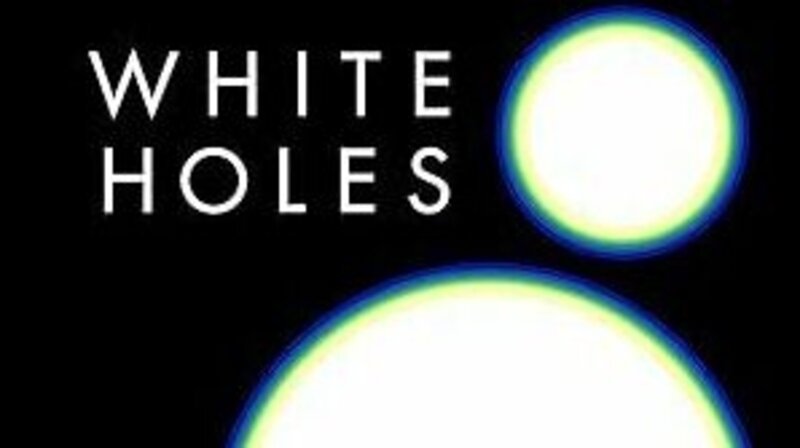https://www.npr.org/2023/10/31/ [login to see] /book-review-carlo-rovelli-white-holes
Horizons are weird. They delimit what we can see in the distance, but they are also always personal: Walk 10 miles to the west and your horizon line moves 10 miles to the west with you.
Remarkably, this local, personal character of horizons also extends to black holes, the most enigmatic objects in the cosmos. Going beyond that horizon towards a new understanding of space, time and black holes is the principal goal of physicist Carlo Rovelli's wonderful new book White Holes.
"What happens at the center of a Black Hole?" is one of those questions I get whenever I tell someone I'm an astrophysicist — and it's the question that propels this book. Rovelli is unique among modern scientists who write for popular audiences in his ability to capture the purest essence of his science with both precision and lyricism. White Holes, like Rovelli's other works, is remarkably short — less than 200 pages. But the clarity of his explanations is unparalleled. As a scientist who is also a popularizer, I often find myself marveling at the acuity of his passages. More than just an ability to explain cutting edge ideas in physics, Rovelli's erudition and sensitivity lets him make contact with the broadest human yearnings for making sense of the world. This capacity is put to good use in White Holes, where the descent into a black hole is often narrated via quotes from Dante who made his own journey "down there in the blind world below."



 Reading
Reading Science
Science Physics
Physics


